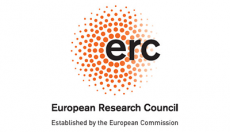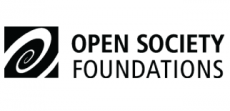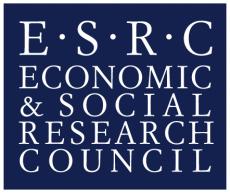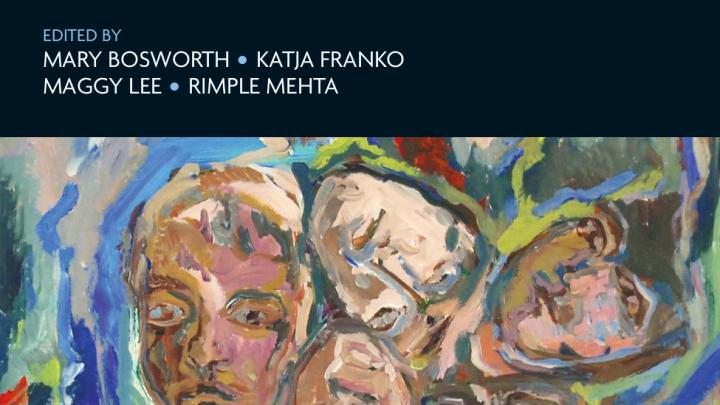EU Border Externalisation and Uneven Development In West Africa
Posted
Time to read
Guest post by Hassan Ould Moctar. Hassan is a Lecturer in the Anthropology of Migration at SOAS, University of London. His recent book, After Border Externalisation (Bloomsbury, 2024) can be read open access here.
This is the third post from a series that summarises individual chapters from Handbook on Border Criminology, edited by Mary Bosworth, Katja Franko, Maggy Lee and Rimple Mehta and published by Edward Algar.
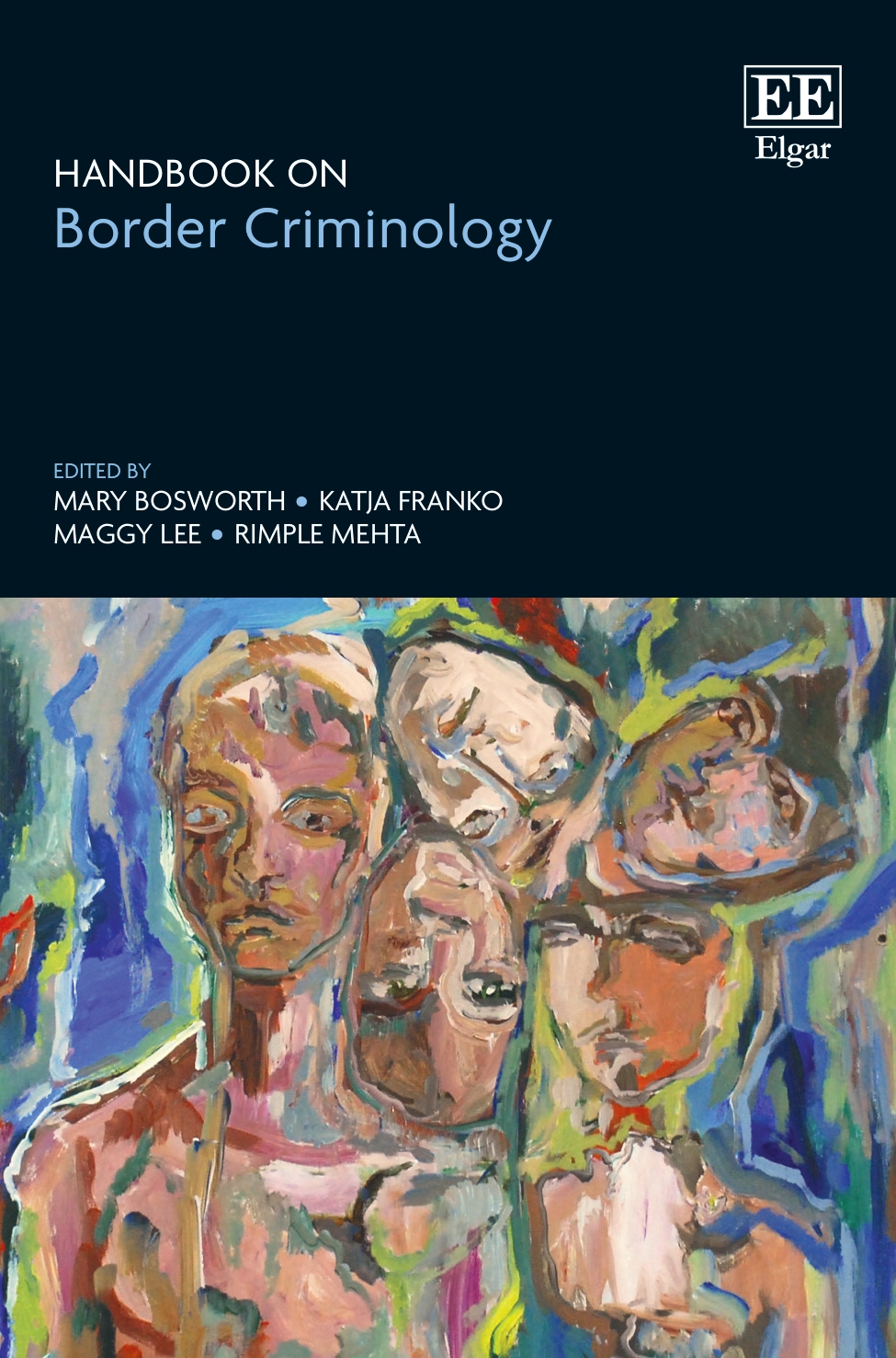 EU border externalisation policies typically operate on a technocratic assumption that “irregular migrants” can be viewed in isolation from their social and structural conditions. How might these policies appear when shorn of this assumption? In what follows, I examine twin aspects of the relationship between the EU and West Africa - the externalisation of migration and border controls, on the one hand, and a parallel process of uneven development between the two regions, on the other. In doing so, I highlight a shared structural origin underpinning them. While criminology has not spent much time examining such matters, the discipline is also uniquely positioned to explore their logic and effects in the region today.
EU border externalisation policies typically operate on a technocratic assumption that “irregular migrants” can be viewed in isolation from their social and structural conditions. How might these policies appear when shorn of this assumption? In what follows, I examine twin aspects of the relationship between the EU and West Africa - the externalisation of migration and border controls, on the one hand, and a parallel process of uneven development between the two regions, on the other. In doing so, I highlight a shared structural origin underpinning them. While criminology has not spent much time examining such matters, the discipline is also uniquely positioned to explore their logic and effects in the region today.
Border externalisation policies between the EU and West Africa unfold through what Lorenzo Gabrielli has termed a “patchwork” of agreements and frameworks operating at multiple scales of cooperation. Externalisation is embedded at the “inter-regional” level through the Africa Pacific and Caribbean (ACP) – EU partnership agreement, which contains an article 13 readmission clause. The EU also engages with individual ECOWAS states by, for instance, supporting the development of national biometric civil registry systems, funding migration deterrence information campaigns, or the signing of readmission agreements with partner states. These multilateral policies and agreements are, in turn, framed by dialogue frameworks, initiatives, and processes which enshrine the externalisation imperative into EU foreign relations. These include the 2005 Global Approach to Migration, the 2006 Rabat Process, and the Khartoum Process, each of which disseminated a “routes approach” to externalised migration management.
Alongside these multilateral frameworks are extensive bilateral externalisation initiatives. In this regard, Spain has long taken a lead role in remote migration control efforts in the region. In response to an increase of arrivals on the Canary Islands in 2006, Spanish soldiers constructed a detention centre in the northern Mauritanian port city of Nouadhibou, while Spanish Civil Guard and police have been deployed to Senegal and Mauritania for purposes of migration policing, technical supervision, and knowledge transfer. More broadly, readmission agreements, memoranda of understanding, and high-level dialogues around migration have been a regular feature of the relationship between Spain and numerous West African states since the mid-2000’s.
If these externalisation measures amount to a substantial transformation of the penal and judicial landscape of participant West African states, the latter are no passive recipients in this situation. Rather, non-EU state actors can leverage the issue of migration policy for their own strategic and economic benefit. Indeed, as Philippe Frowd, Ilke Adam and others argue, West African leaders have long been selective in their adoption of EU migration concerns, often prioritising those elements of externalisation policy most amenable to their own interests and preferences.
When situated within a broader set of trade relations and economic dynamics between the regions of West Africa and Europe, however, these points of leverage do not amount to a transformation of the uneven development processes unfolding between the two regions. On the contrary, they can reinforce them. For instance, while migration may serve as a useful bargaining chip used by the Mauritanian state in the negotiation of Fisheries Partnership Agreements with the EU, these agreements have at the same time accelerated the dispossession of West African artisanal fishermen, as Hannah Cross has shown. More broadly, beyond its article 13 readmission clause, one of the cornerstones of the aforementioned EU-ACP partnership has been the development of Economic Partnership Agreements, whose emphasis upon the removal of barriers to trade risks exposing economies in West Africa to agricultural decline, deindustrialisation, and disruptions of intra-regional trade.
Rather than being distinct policy elements of the relationship between West Africa and Europe, border externalisation and uneven development therefore appear to be expressions of a single structural condition. This would come as no surprise to anti-colonial scholars writing in the early decades of political independence, for whom the economic inequalities that survived formal decolonisation were key to understanding broader dynamics between West Africa and Europe. Samir Amin, for instance, highlighted the integration of West African primary producers into the world market on unequal terms as a constituent element of neo-colonialism in the region, a perspective that merits consideration in a context of ongoing dispossession and criminalisation of movement. And while border policy per se did not figure centrally in his writing, he was highly critical of the colonial “balkanization” of West Africa. In his estimation, the territorial partitioning of the region into a suite of independent export hubs of low population density was of deleterious consequence for its development prospects. It was for this reason that he considered the region’s colonial boundaries as its “overriding obstacle to development”.
Of course, the EU as such did not exist at the time Amir was writing, but these insights nonetheless merit revisiting in light of the deleterious effect that externalisation measures have had upon regional integration efforts in West Africa, and in particular upon the ECOWAS free movement protocol. In this light, the overlap between border externalisation and uneven development appears rooted in an economic relationship which survived the process of formal decolonisation.
What might this broadened picture of externalisation bring to the discipline of criminology? And what, in turn, does criminology offer to this focus on border externalisation and uneven development? For Dario Melossi, the study of migratory movement, uneven development, and the elaboration of penal institutions that criminalise this movement falls naturally within a single framework. The process of “primitive accumulation” as it unfolded in Europe, he stresses, was a process of disciplining and criminalising migrants who have been displaced through capitalist development. Similar displacement and dispossession processes are unfolding across West Africa today and, as I have pointed out elsewhere, they condition the form that externalisation takes in the region. The link between dispossession and penal institutions to which Melossi drew attention is therefore likely to be at play in this contemporary context.
If capitalist development in Europe is intrinsically related to the modern penal system, is uneven development between Europe and West Africa similarly related to the elaboration of migrant detention facilities and the reshaping of penal institutions which occurs through externalisation? How has uneven development – whether through land grabs or declining terms of trade – induced displacement and migration to cities and farther afield? What kinds of experience of incarceration or detention is undergone by those who choose to migrate to cities, or attempt to reach Europe, having been dispossessed of their means of subsistence? Does the reshaping of the penal landscape through externalisation influence these experiences?
Some of these questions of course require further elaboration, but they draw together a chain of structural connection that deserves careful criminological scrutiny. This involves the ongoing production of uneven development between West Africa and Europe, the consequent dispossession and displacement of subsistence and small producers, their subsequent migratory process, and externalisation’s reshaping of the penal landscape with the aim of detaining and intercepting them en route.
How to cite this blog post (Harvard style):
H. Moctar. (2024) EU Border Externalisation and Uneven Development In West Africa. Available at:https://blogs.law.ox.ac.uk/border-criminologies-blog/blog-post/2024/12/eu-border-externalisation-and-uneven-development-west. Accessed on: 05/04/2025Share
YOU MAY ALSO BE INTERESTED IN
With the support of



